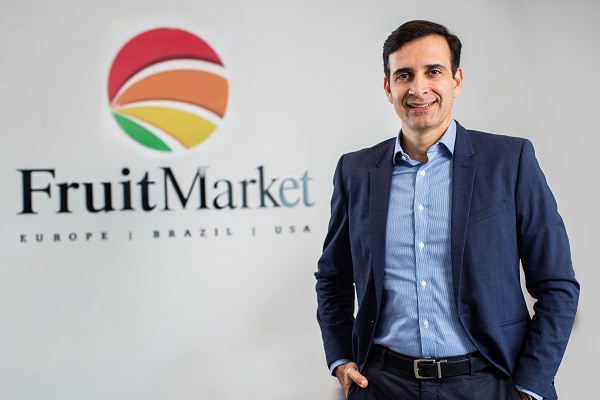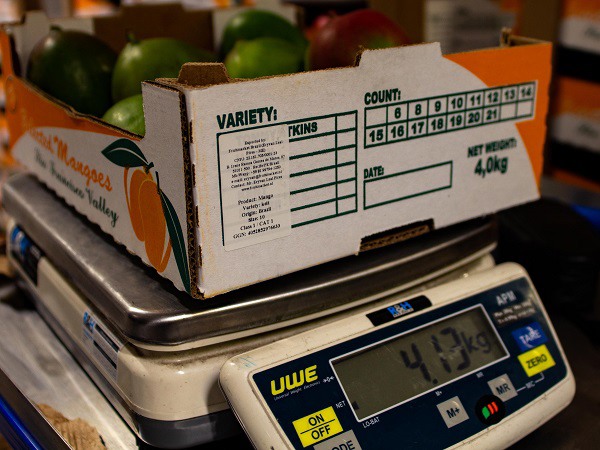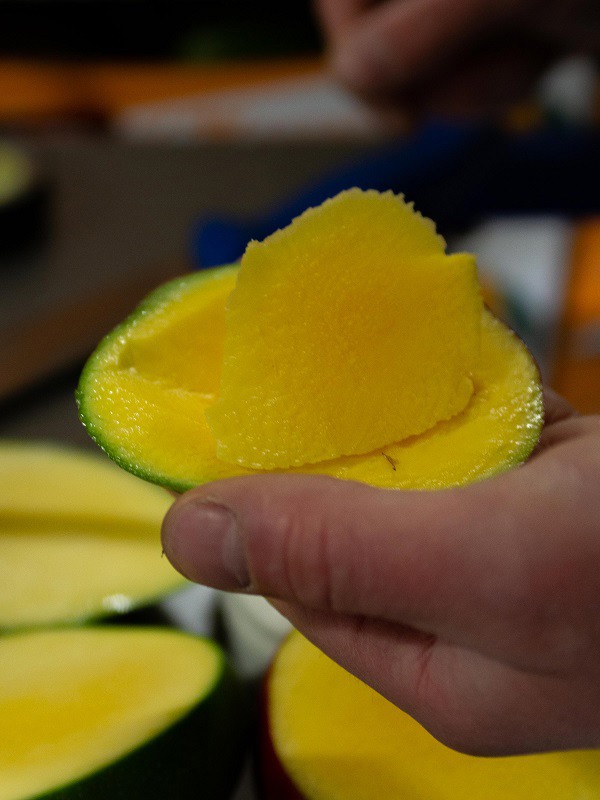Is this a challenging year for Brazilian mango exports? That's putting it mildly. So far, that country's local market is absorbing its mangoes well, but exports to Europe are struggling.
The past few years have been volatile for mangoes. In 2020, during the pandemic, mango trading came to a virtual standstill. "In 2021, the market recovered well. This year, everything's different again," Eryvan Pires of Fruitmarket Agribusiness reports from Brazil. Several current factors are greatly hampering Brazilian trade. "Firstly, the country is struggling with sky-high sea freight costs. This year, container prices have doubled to as much as $8,000."

"Production costs have also increased by no less than 20%. Ukraine is Brazil's main fertilizer supplier. Since the war broke out, imports have been difficult as well as expensive. And finally, the exchange rate is unfavorable. The Real's value has fallen sharply this year. It's worth about 62% less. That all adds up, increasing prices by at least 44%. Is that feasible? What do you think?" asks Eryvan.
Fruitmarket trades tropical fruit, specializing in mangoes. The company has an export office in Brazil and buys mangoes directly from two large production companies it controls. Also, Fruitmarket imports mangoes from West Africa, Mexico, and Peru. According to Eryvan, Brazil produces mangoes year-round and is the strongest mango player in Central and South America.
"Brazil has everything in place regarding cultivation, plant protection products, irrigation, packaging, logistics, and trade. In Europe, Spain has become a particularly strong competitor. That country has mangoes from August to December. So not year-round, but close. That means they can leave their mangoes on the trees for longer.”

Fewer European exports
In late September, the European market is noticeably highly competitive. Plenty of mangoes are available from other growing countries, like Spain and Israel. Add high freight costs and persistent inflation to that. "Considerably fewer Brazilian mangoes are heading to Europe's market. Fortunately, the local market is good, and sales to the United States remain significant," says Eryvan.
"However, the large local mango demand is set to decrease. It's getting warmer here, so the mangoes ripen earlier. That means more mangoes and may even lead to overproduction. That will result in increased shipping again. We expect demand from Europe to pick up around now. Still, fewer than usual mangoes will go to the European market. People are afraid to take risks; there's a lot of uncertainty."

He says two major Brazilian producers have decided not to ship any mangoes to Europe. "They're leaving the fruit hanging on the trees. That costs less than harvesting, packing, and shipping the mangoes. Direct, non-brokered exports are faring well. We're trying to do that as much as possible. Other than that, all we can do is wait and see. We've experienced something like this before. Better times genuinely do come again," Eryvan concludes.
Eryvan Leal Pires
Fruitmarket Agribusiness BV
Lichtenauerlaan 102-120
3062 ME Rotterdam, NL
Ph: +31 10 340-0125
www.fruitmarket.nl
eryvan@fruitmarket.nl
